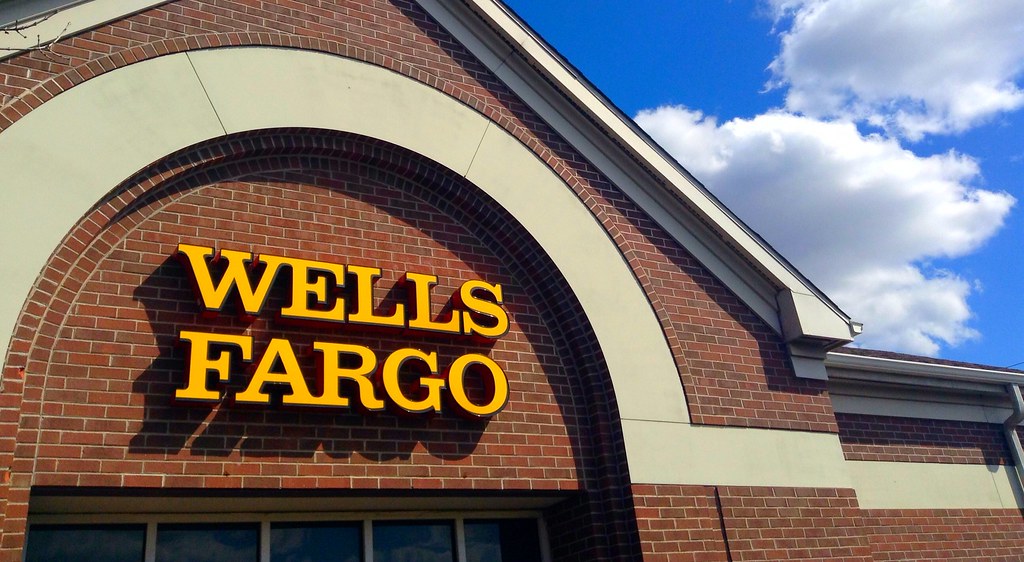The General Data Protection Regulation (GDPR) is a robust EU wide legal framework involving personal data privacy, and it became active a few days ago on May 25. The GDPR brings massive changes to all businesses in the digital space. The International Association of Privacy Professionals (IAPP) predicts that at least 75,000 privacy jobs will be created and Fortune’s Global 500 companies will spend about $8 billion in order to make sure that they are compliant with the GDPR. The questions that hit the crypto space is how precisely the GDPR will affect the blockchain?
Goals, obligations, and rights
GDPR’s goals include creating a uniform data regulation framework across Europe and strengthening users control over the storage and use of their data. There will be new procedural and organizational obligations for data processors. It’s a known fact that public and private organizations usually gather data and it’s important what happens with that information and how much control we have over it.
You can read all about the obligations and rights of businesses here. It’s also important to note that the GDPR imposes really high fees for the companies that don’t respect the regulations. Another important thing is that its reach goes beyond the European Union.
Blockchain and GDPR
The Blockchain stores personal data so it may fall under the scope of the GDPR as well, but it also sparks lots of controversies such as the question whether or not transaction privacy can be found on all public blockchains and not just the ones that offer anonymity by default. On the other hand, the blockchain shares a lot of goals with the GDPR.
They both aim at decentralized data control, and they’re tempering the power inequality between centralized service providers. On the blockchain, all data is replicated and shared across all machines in the network, and this triggers challenging processes of transaction data deletion and privacy. The latest research began looking into how trusted computing enclaves such as Intel SGX could offer confidential and secure data storage and privacy.
Mixing trusted computing with public blockchains could mean that the data privacy can be protected from outside threats and stored off the chain.











